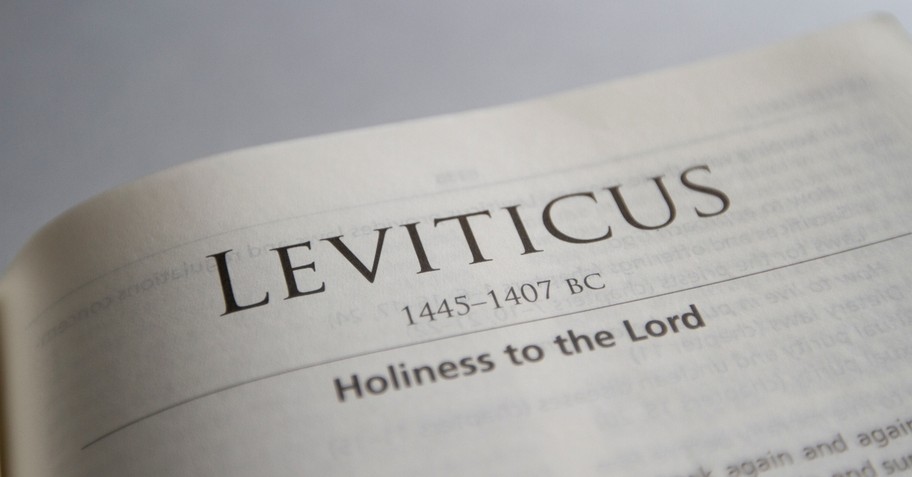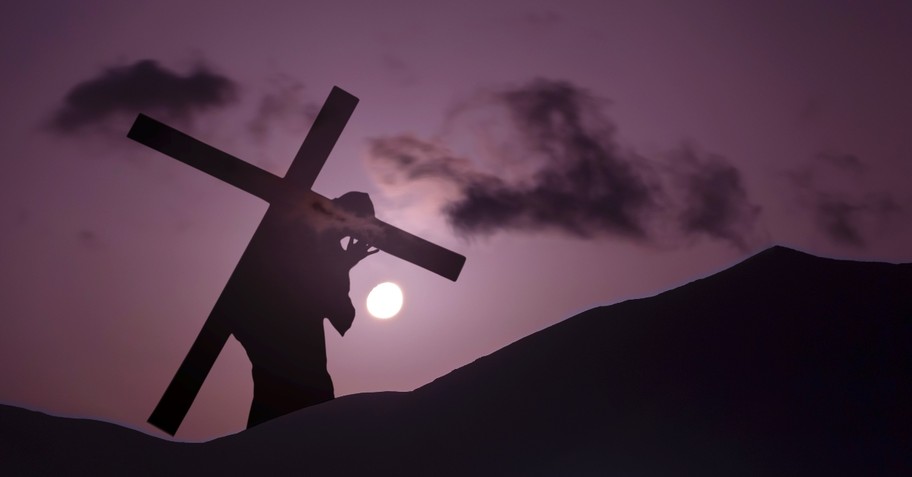As the blood is sprinkled in the tabernacle and on the mercy seat, man is once again ushered into the garden-presence of his Creator, but only temporarily. This scene will need to be reenacted time and time again until a more permanent sacrifice is offered.
Even today, Jews around the world celebrate the most holy day called Yom Kippur, which is The Day of Atonement. Though Jewish sacrifices ended in AD 70 with the destruction of the temple, Orthodox Jews continue to give careful observance during this 10-day, holy festival known as Yom Kippur.
Yom Kippur is observed by feasting, fasting, wearing white garments, and prescribed prayers as the worshippers seek God’s forgiveness and cleansing from their sin.
Christians, of course, do not celebrate Yom Kippur, but we do revel in the accomplishment of atonement once and for all by the one, true Lamb that all other bleeding lambs pointed to.
On the cross, at the very same moment that a Jewish priest would have been cutting the throat of a woolen lamb, the Heavenly Father, who loves His family too much to see them destroyed, was “causing the iniquity of us all” (Isaiah 53:6) to fall on Jesus His Son.
5. How Christ Accomplishes Atonement
Through the sacrifice of Christ (the Lamb), not only did he redeem us by paying for our debt, but he also purified us that we might once again enjoy the intimate presence of our Father now and forever. The Apostle Paul would say to Titus that Christ “gave himself for us to redeem us from every lawless deed and to purify for himself a people for his own possession.” (Titus 2:14)
But this sweet atonement not only secures us in our present, but it also solidifies our hope in the future as the writer of Hebrews recalls that Christ, “having been offered once to bear the sins of many, will appear a second time for salvation without reference to sin, to those who eagerly await him.” (Hebrews 9:28)
As we rest in His presence now, may we never lose sight that because Christ did not enter the holy place with the blood of goats and bulls but with his own blood, we have obtained an eternal redemption once and for all (Hebrews 9:12).
Photo Credit: ©Sparrowstock













